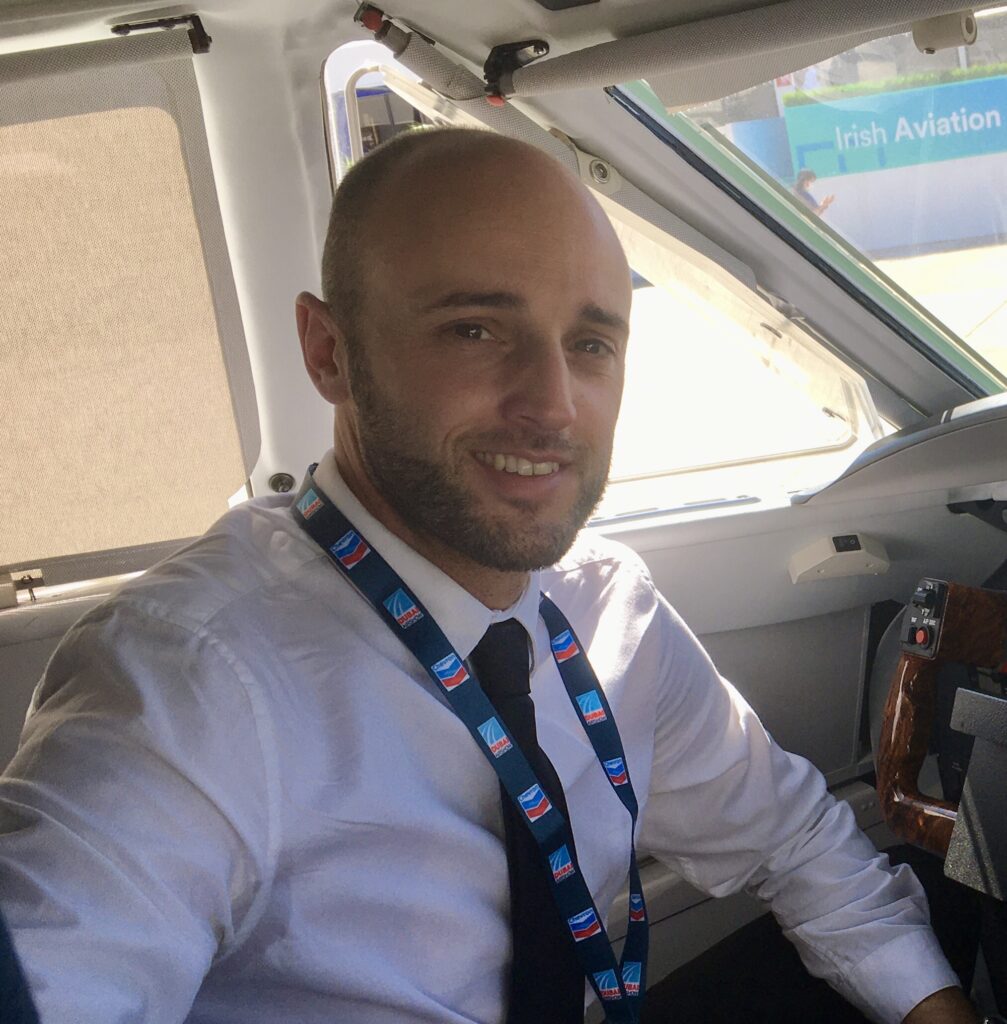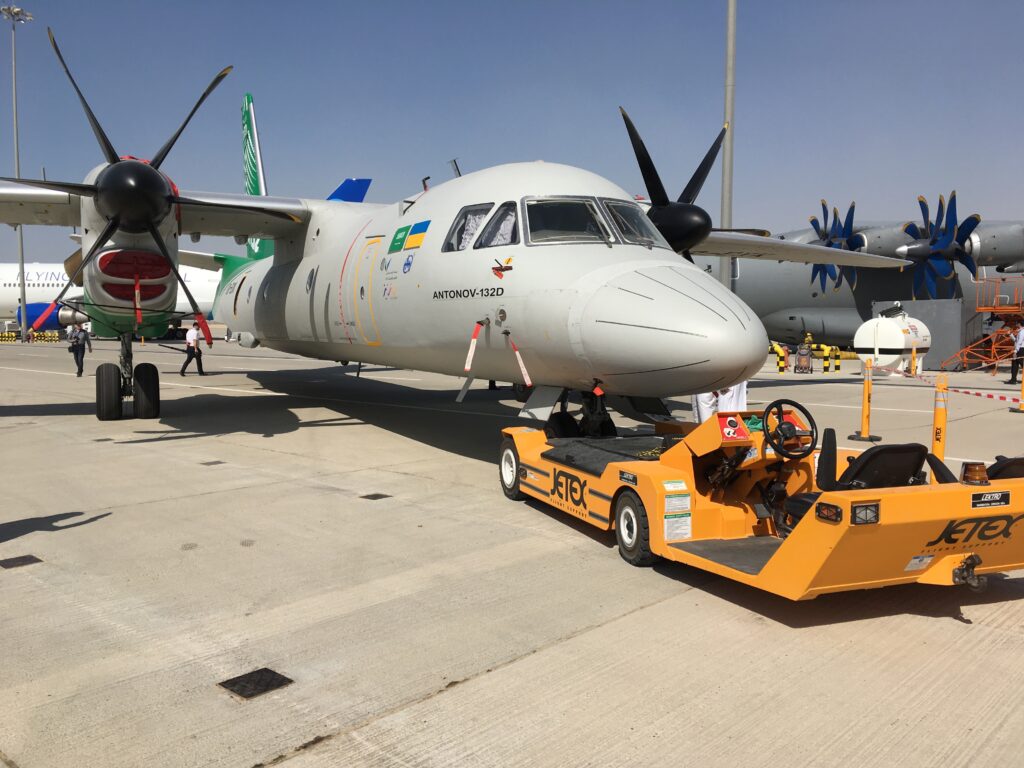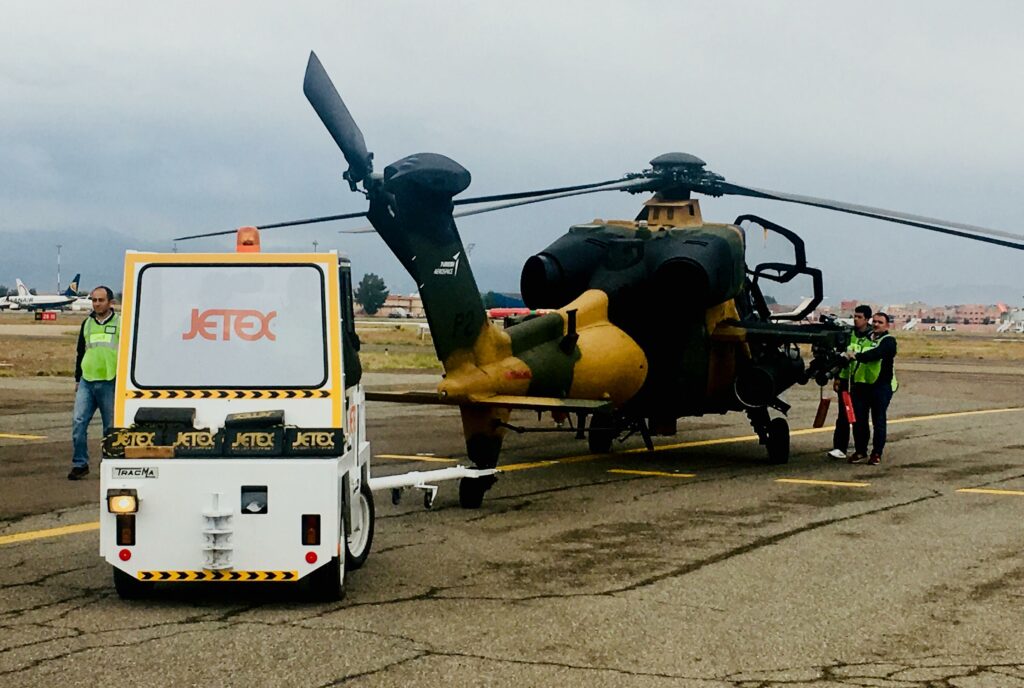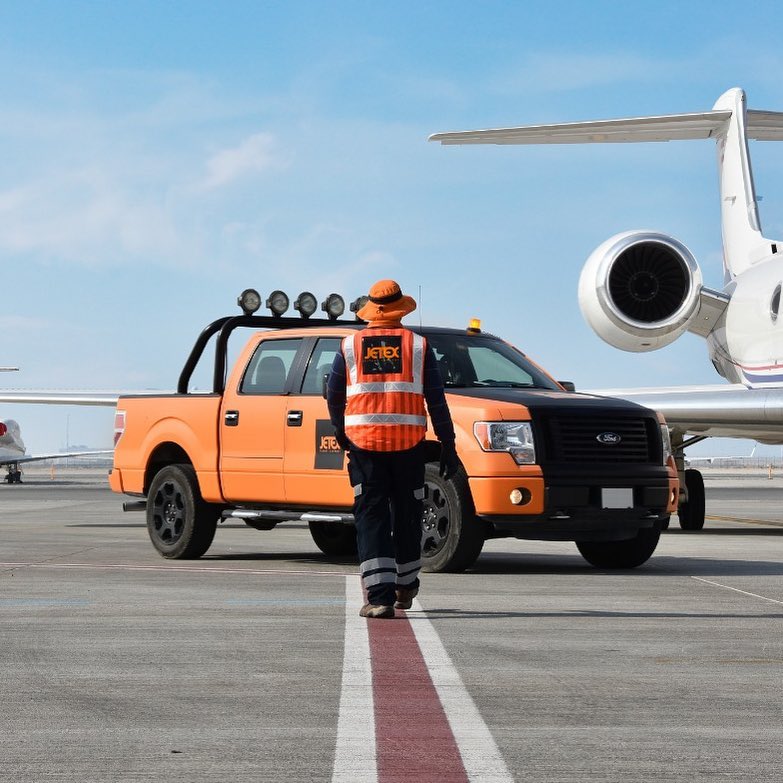Jetex Flight Support provides critical ground support and fuel supply to aerial firefighting operations in extreme environments. We spoke to Matias Magnasco about the vital work Jetex does supporting such operations in disaster-affected countries.

Tell us a bit about Jetex and how you came to work in aerial firefighting operations:
I am responsible for the European branch of the Mission Planning Division of Jetex Flight Support, which allows me to be in permanent touch with government and military operators involved in firefighting operations. Due to the nature of such operations, this led me to work with Firefighting companies as well.
I am also a Volunteer Firefighter in the French Fire and Rescue service, which allows me to have a sound acknowledgment of the wildfire problem from “on the ground,” too. It is part of the operational culture in Jetex to adapt our services to the specific requirements of our partners. That is the reason why, based on my experience, I was assigned to this Division.

Please explain why major firefighting entities have come to depend on Jetex for ground support and critical operations in disaster-affected territories:
Major organizations depend on us to serve their missions with confidentiality and zeal, providing timely supplies, whatever the nature of the mission may be. Jetex is passionate about serving these aviation sectors and routinely facilitates flights in disaster-affected countries. Our work is focused on delivering consistent and reliable service on a global scale. We guarantee complete discretion for the coordination of our support services.
Jetex also coordinates ad-hoc and large-scale humanitarian relief flights operations for the United Nations, governments, international NGOs, and firefighting companies. We provide timely and dedicated support to critical flights, whatever the nature of the mission.
Often, most lives and forests are saved in the immediate hours following a fire event. We pride ourselves on our ability to react rapidly to emergency situations, including setting up time-critical flights outside of regular working hours. Additionally, our unrivaled global coverage allows us to assist aid providers in responding to crises anywhere in the world.
Some of our previous missions have included evacuating NGO personnel and civilians from war zones, providing executive charter services for officials conducting diplomatic tours, flying Sar and Rescue teams into disaster-stricken areas, and responding to environmental disasters.

Explain the importance of critical fuel uplift coordination for relief and firefighting flights in harsh environments:
It is essential for firefighting entities to be able to plan their flight operations based on their needs and not worry about the assets on the ground. This is where Jetex comes into the picture. Our affiliations in regions with limited logistics are a solution our partners value a lot.
What sort of industry outreach programs does Jetex sponsor?
We support, as sponsors and speakers, many conferences and commercial events related to flight operations. These events allow us to be closer to our partners, understand their needs, and adapt our services accordingly. Conferences such as Aerial Firefighting and Military Airlift are among the events that we attend every year.

Please give us some examples of Jetex operating in challenging environments in support of sensitive operations, in hot and cold and inhospitable parts of the world:
One interesting and rewarding example of such an operation occurred when the last earthquake hit the region of Nepal a few years ago. The logistics in the area were limited, and there were a few airports that could receive relief flights without issues. We collaborated with several governmental partners for many weeks, advising of the different airport options, operating hours, and logistics available. These were very demanding operations, and knowing that we were supporting not only our partners but people who were in need at that time, was very rewarding for us.
We've noticed that many of your team members are former military personnel. What local recruitment and training programs do you offer prospective employees?
That's right. As mentioned earlier, it is part of Jetex's culture to provide customized services to answer our customer's needs. With this principle in mind, our team of executives representing our company, and who are in close contact with military units, have prior military experience. We believe this is essential due to the nature of our customers. Our flight operations team, which takes care of governmental flights, or operations contracted by governmental entities, focuses only on these operations.
Jetex is becoming a part of air mobility solutions for special operations. What role do you see Jetex playing in the future of the firefighting operations?
We are constantly adapting our services to our customer's needs. We have noticed that due to the constant constraints in budgets, operators are not only looking for flight support services but for a company that can provide a full set of services, from coordinating a fuel uplift to providing an aircraft to carry cargo or personnel around the world.Jetex
As a service provider, we keep developing our current role as a flight support company and increasing new capabilities, like adding aircraft to the inventory of our charter department, or partnering with local FBOs, adding a network capability to coordinate services at strategic locations like, for example, in California or Chile, where the Chilean Government’s conditions to operate in the country request, as mandatory, that the aircraft has an AOC in Chile. We have developed this capability to facilitate the international firefighting operations there. We are proud to keep developing our services, thanks to the trustful collaboration with our partners, customers, and suppliers.






